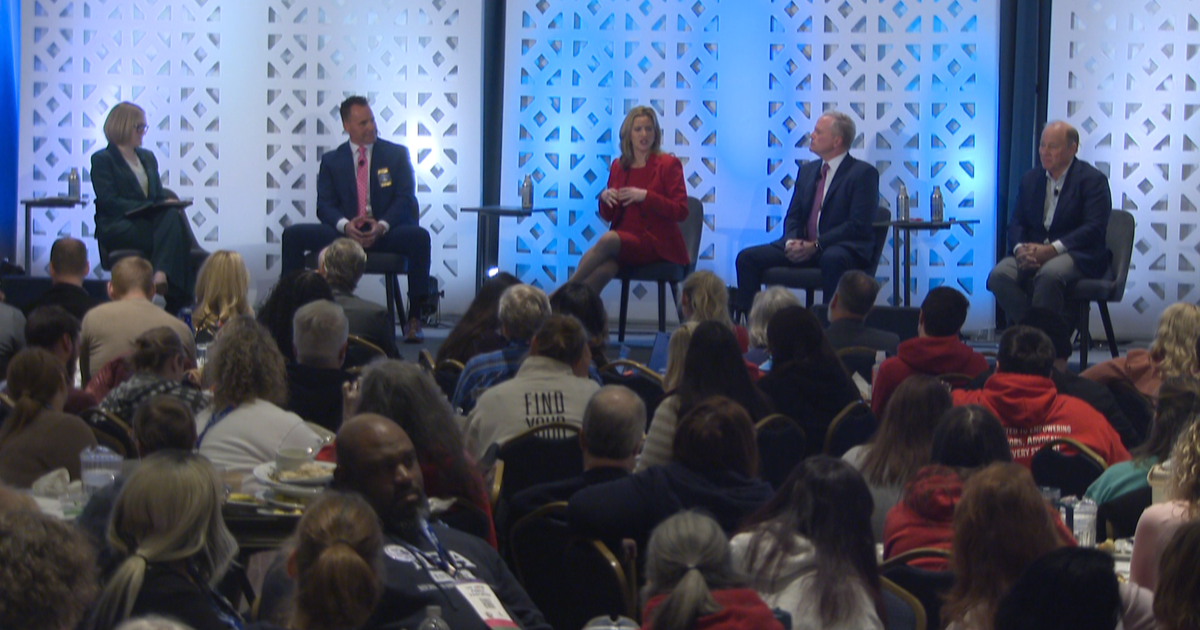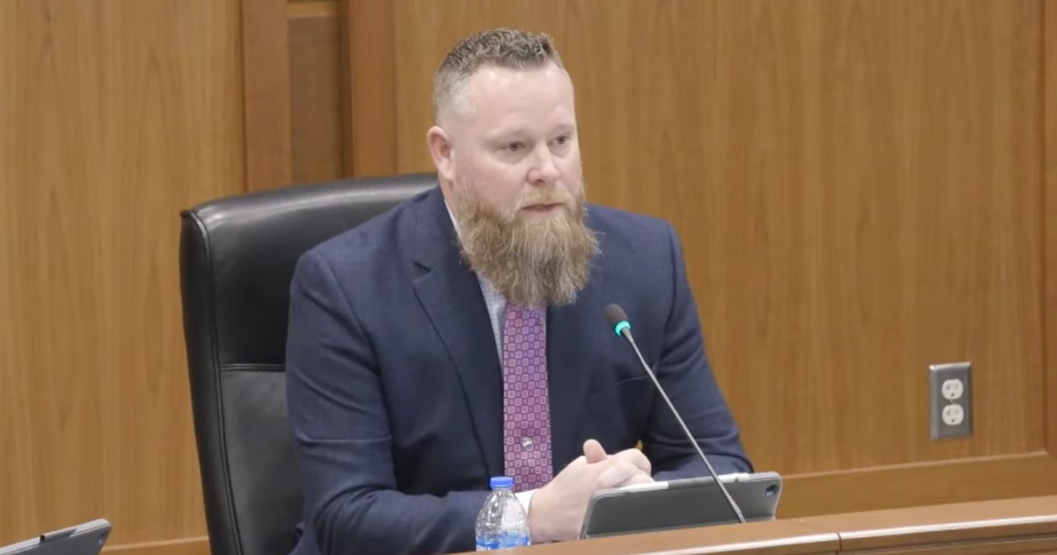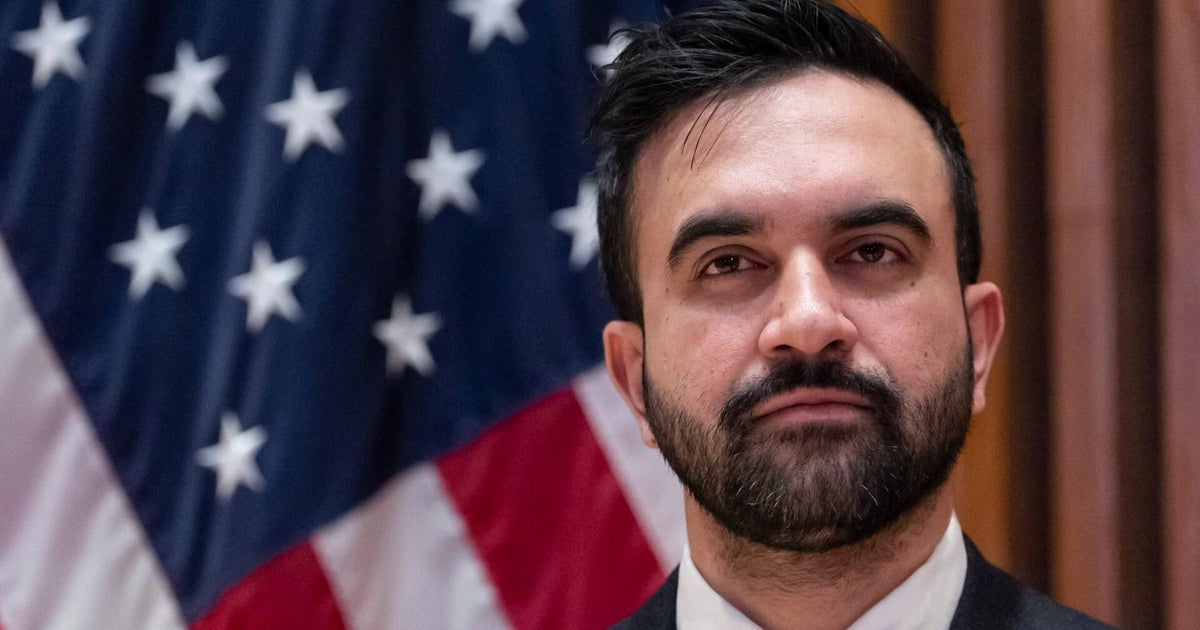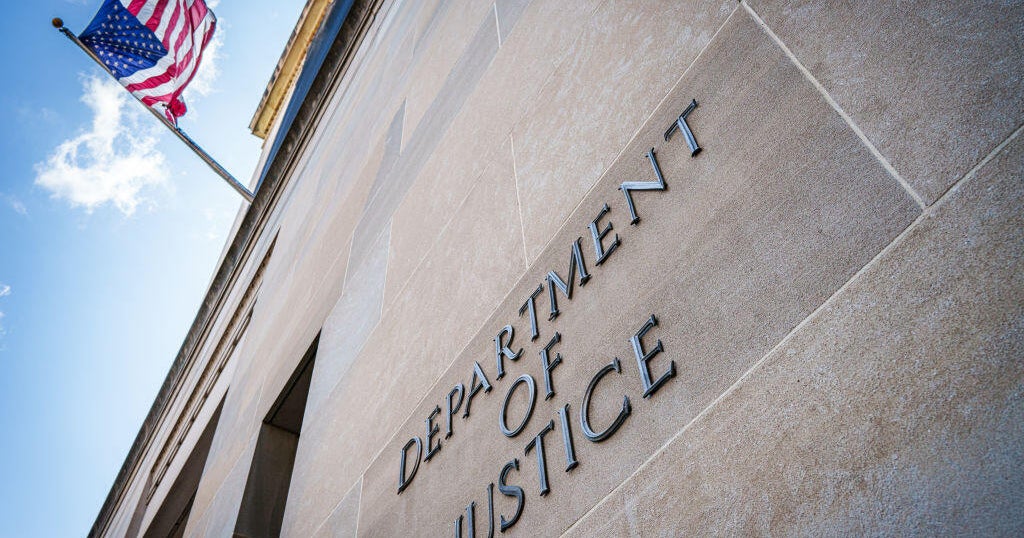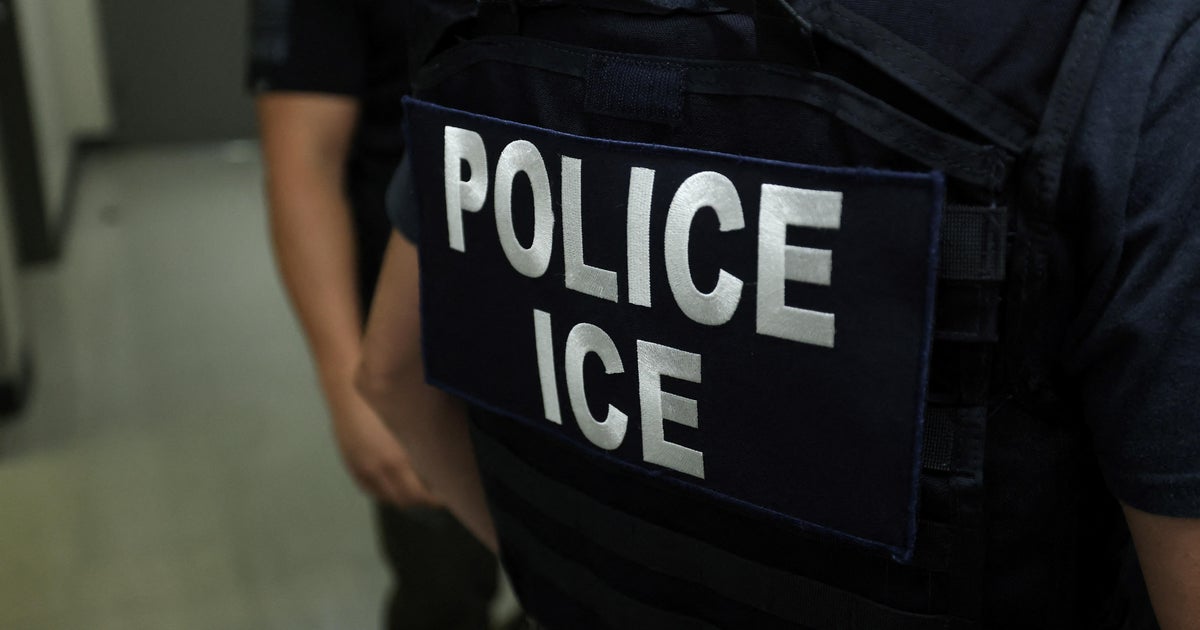CBS 2 School: Article 1, Section 8, Clause 12
"Article 1, Section 8, Clause 12," he responded within a millisecond.
Upon bumping into Colin Powell at a DC social event earlier this year, the CBS 2 Teachers were eager to find out his favorite part of the U.S. Constitution.
Rahm Emanuel had already told us Article 1 since his first elected office was as a member of the federal legislative branch. (Donald Rumsfeld told us the same thing.) Rupert Murdoch and New York Mayor Michael Bloomberg both told us the 1st Amendment given the fortunes they made building media empires.
We thought Powell might cite the President's power as Commander-in-Chief given Powell's previous employment as the military's Joint Chiefs of Staff. Or perhaps he would cite the constitutional provision allowing the President to appoint "public Ministers."
Powell's immediate reference to "Article 1, Section 8, Clause 12," communicated an appreciation of the soul of our federal republic…the balance of power between the branches of government.
Article 1, Section 8, Clause 12 mandates that Congress is responsible for approving funds to "raise and support armies." Article 2 later describes the president as "Commander in Chief of the Army and Navy." Powell's citation of this clause seemed to demonstrate his admiration that the executive and legislative branches must still rely on each other still must in order to use the military, just as the Framers intended 220+ years ago.
When they drafted the Constitution in 1787, the Framers were well aware of American suspicion of a super-strong legislature. The Revolution had been fought not only against the British King, but also against the British Parliament that had been seen as abusing its authority.
Even in Great Britain today, there is virtually no restriction of Parliamentary authority. There is no executive or judicial branch to rule the legislature out of order. And there is no Constitution or Bill of Rights to follow.
Section 8 of the Constitution's first Article was meant to describe the specific authority that the new American Congress would have.
This list of expressed powers greatly expanded government's power, but the list did not grant limitless authority. Only 17 clauses list the specified powers given to Congress.
Among the greatest of these enumerated powers is described by Clause 3, the Commerce Clause.
Congress soon created a national bank under the authority of the Commerce Clause even though this power is not specifically granted anywhere in the U.S. Constitution.
With the flexibility of the Necessary and Proper Clause (Article 1, Section 8, Clause 18) connected to the power to regulate interstate commerce, the U.S. Supreme Court ruled in McCulloch v. Maryland (1819) that the national government could extend its powers beyond the exact words of the Constitution.
Thus began the growth of national government into regulating things related to the vague notion of "commerce."
Large parts of the New Deal legislation were ruled valid given the commerce power of Congress. And the Supreme Court even validated congressional attempts to end public segregation under its expansive power to regulate interstate commerce.
More recent U.S. Supreme Court rulings show there are limits to authority under the Commerce Clause. Congressional attempts to use this power to regulate criminal activity, usually handled by the states, have been blocked by the Supreme Court.
And even with U.S. troops fighting a war in Afghanistan for almost 10 years, the executive branch must still get congressional approval to fund military operations.
This week's work to approve the massive defense budget bill in Congress shows the intent of Article 1, Section 8, Clause 12 still works the same as it did when ratified as part of the U.S. Constitution.
